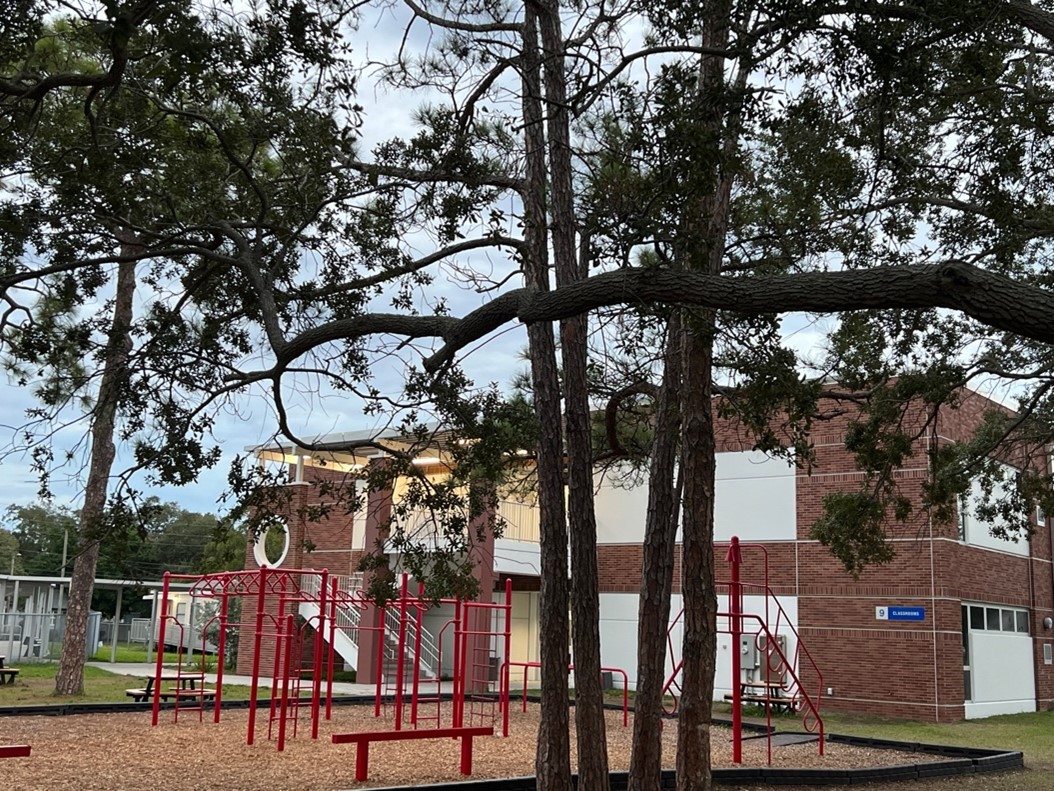USF professors share what impact their K-12 teaching experience has had on the way they approach teaching in their higher education classrooms.
By Annabel Hutchings Education Beat Reporter
ST. PETERSBURG – Teaching how to teach is a concept that is difficult to master. The best of the classroom can only be conquered with the skill and finesse that comes with experience. So how does one begin to mold the young minds of college students to be able to mold even younger minds?
The K-12 teaching experience can give professors the perspective that is necessary to teach education students.
It is not required, and many professors do an amazing job providing an education based on their studies and research for these students who wish to become teachers, but that personal experience can provide what is necessary to turn a good teacher into a great one.
Every classroom is different just like every student is different, but many patterns in education can be considered when teaching approaches.
Dr. Bill Black is a professor who can attest to the importance of experience when it comes to teaching how to teach.
As a Professor of Educational Leadership and Policy Studies at the University of South Florida (USF), Black focuses on shaping masters, educational specialists and doctorate students into the best teachers they can be.
Teaching a subject like this one at a higher level of education requires a lot more than just what can be learned in a classroom.
Before this position, Black worked both in and out of Florida, as a community educator and immigration paralegal, bilingual elementary school teacher, and Elementary Administrator in Costa Rica and Texas.
“From that experience, I can connect actions to theory to make it useful for people. It makes it easier for me for listening to their experiences to make connections between content and practice,” Black said.
It is the varied types of teaching experiences that make teaching that much more impactful. The ability to take personal experience and combine it with knowledge and theory can make someone the perfect type of teacher in this subject area.
This type of classroom experience also reminds professors why they are passionate about their work. Teaching higher education students isn’t just about telling them how to handle the classroom, but why they should want to.
“That’s a privilege to know that you can shape things. Even though you’re underpaid and not always as appreciated…Teaching is a form of human rights work,” Black said.
A professor who isn’t passionate about the subject they are teaching their students about is not able to fully do the job. Working in the field that the students are pursuing provides the perspective of passion that is necessary to help them succeed.
Dr. Ann Marie Gunn is another USF professor who uses her personal teaching experience to shape the way she teaches her higher education students.
Having taught at a Title I elementary school, where most of her students were from Puerto Rico, Cuba and Haiti, Gunn has a great understanding of multicultural students with all different types of diverse lives.
She uses this experience to prepare her students to be teachers who can understand and thrive in diverse classrooms in her graduate and undergraduate courses on literacy learning with a focus on multiculturalism.
“As a classroom K-12 teacher, I know how important it is to be able to reach kids…It wasn’t until I went to graduate school that I really felt I understood how to serve all children as a teacher,” Gunn said.
The culture of a classroom is not something that can be covered in a textbook; it needs to be experienced first-hand.
Students can learn a lot before they step foot in a classroom themselves, but their learning becomes so much more impactful when they are being taught by someone who has the classroom experience to teach about it.
Gunn was adamant about the impact that her classroom experience had on her ability to teach higher education. She attested to the fact that she could never understand the classroom the way she does now without her experience with the different types of students that she had experience with.
Drawing upon experiences that happened in the K-12 classroom to help further her ability to teach is what helps Gunn excel in her position.
Dr. Janet K. Outlaw is a former elementary and high school teacher who is now an Assistant Professor of Instruction in Literacy Studies at USF. She attests to her ability to teach authentically according to her own experiences in the classroom.
Outlaw started her career volunteering with students with autism during her time working on her bachelor’s degree, which led her to her passion for teaching. She formed a connection with these students and had an appreciation for their intelligence that inspired her to continue down that path.
Outlaw has experience teaching in rural and urban Title I schools with many students who identify with exceptionalities and students who are multilingual. Working with many diverse types of students gives her the ability to be flexible with her instruction and understand how important student individuality is.
“It takes what you read and talk about in your preparation programs and makes it more authentic and relatable when you can actually put it into practice and have some experience doing that,” Outlaw said.
Something cannot be taught unless it is known by the person teaching, and teaching is known through doing. There are so many unique experiences that come with teaching that cannot be summarized just by being told by someone else.
An Inside Higher Ed article shines a light on this concept. A veteran K-12 teacher shares what she had learned through her teaching experience that should be applied to higher education. This is not specific to teaching education, but the sentiment itself remains the same. Working in K-12 can provide experience to these teachers that cannot just be taught in higher education classrooms.
Teaching is a personalized experience. The art of running a classroom is handled differently by everyone who does it. Professors who have experience in K -12 classrooms can teach their higher education students how to approach situations in a unique and personal way.

